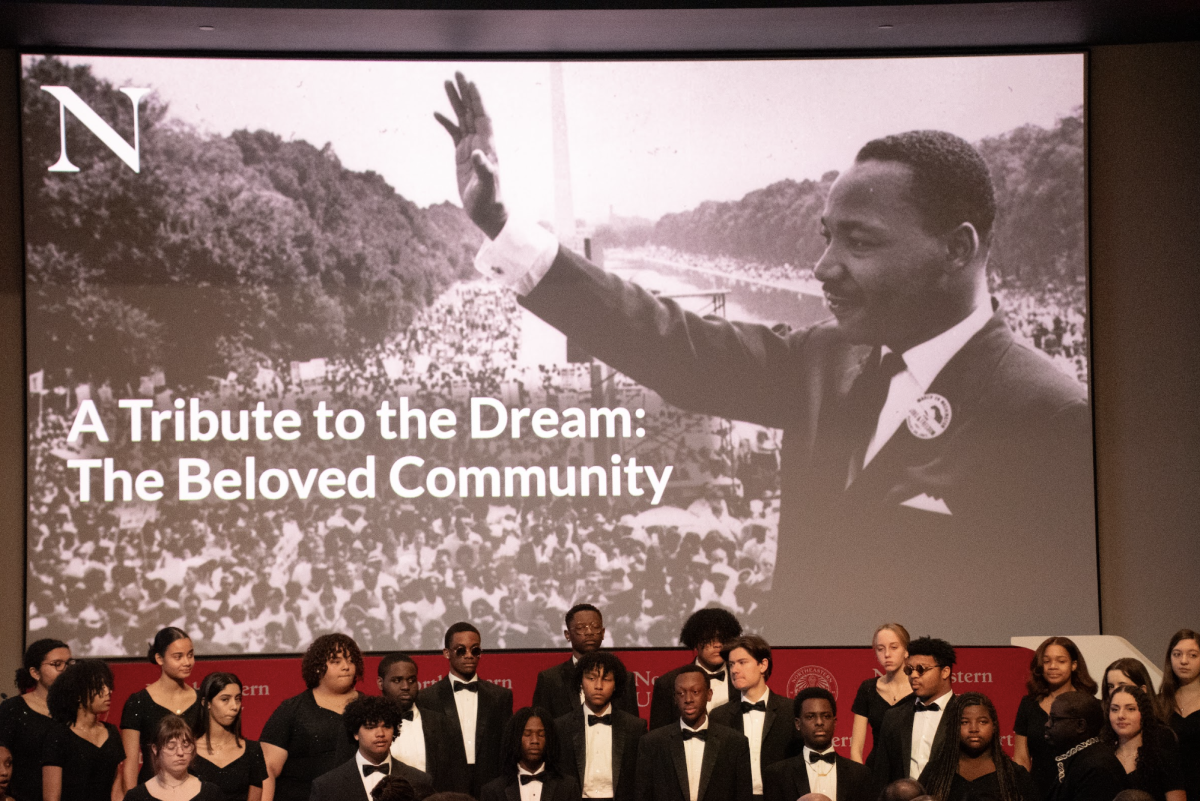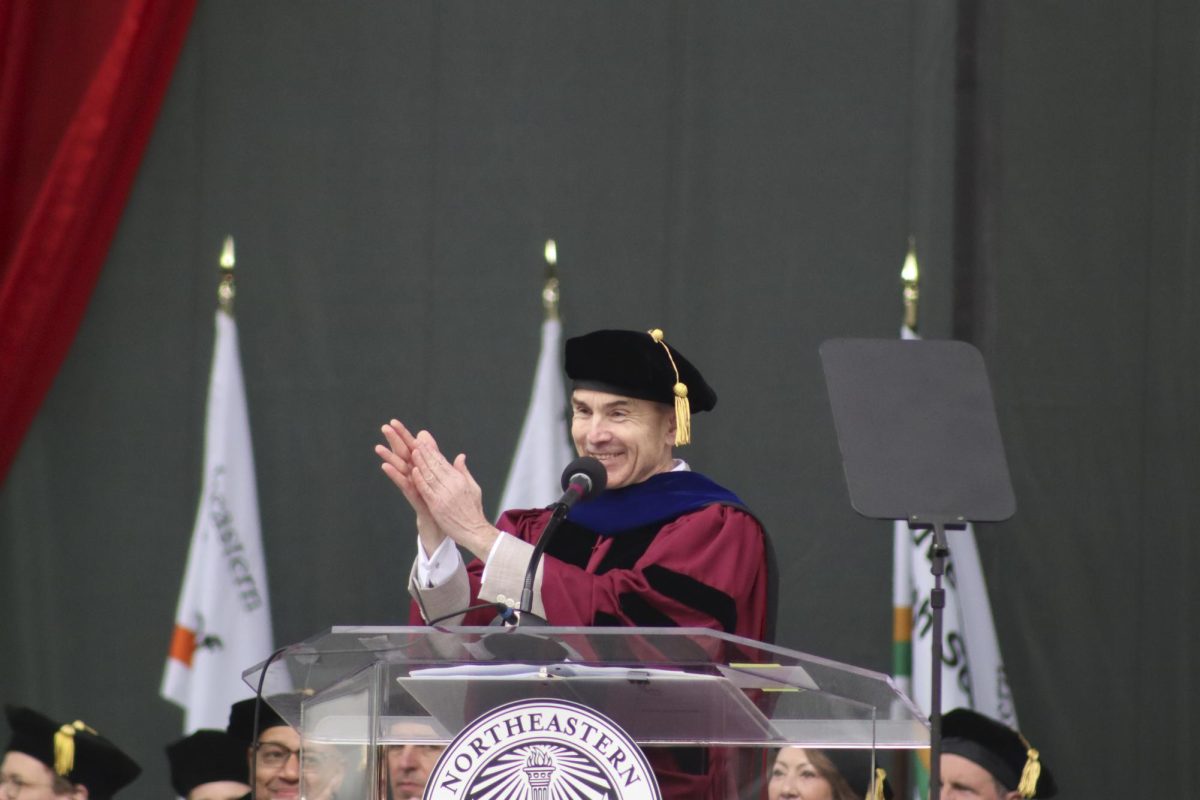By Rob Tokanel, News Staff
A proposed tax by At-Large City Councilor Stephen Murphy could cost Boston’s private universities upwards of $16 million a year if passed. The tax would charge the universities $100 for each enrolled full-time student per semester, excluding those who are permanent Boston residents.
Murphy said the tax would fill the gap left by tax-exempt colleges that take up expensive real estate in the city and the cost of public safety expenses for the 80,000 college students enrolled within it.
‘It’s not aimed at kids, it’s aimed at colleges,’ he said in an interview with The News. ‘What I’m seeking is from the colleges, because they’re not adequate partners to the city in terms of what it costs us to host the number of students here.’
Murphy said the current alternative tax plan for universities, known as the Payment in Lieu of Taxes (PILOT) plan, is not raising enough money for the city. Under that plan, Murphy said colleges are supposed to provide a voluntary payment of 25 percent of what they would pay if they were not tax-exempt.
‘If they were [following the plan,] they would be giving $87 million a year, but they’re only giving $15 million,’ he said. ‘There’s a $52 million gap there that we should be trying to fill.’
According to a June 18 article on TV station WBZ’s website,’ Northeastern owns property in Boston valued at approximately $1.3 billion, but only contributed about $30,000 last year as payment in lieu of property taxes.
At an April 27 public meeting with Mayor Menino’s PILOT Task Force, which has been charged with assessing the efficacy of the plan, Northeastern Vice President for Public Affairs Robert Gittens said Northeastern indirectly provides $350 million a year to the city of Boston. He also said Northeastern graduates more Boston Public School students than any other school in Massachussetts, and that staff is engaged in partnerships with community service foundations throughout the city.
Murphy said City Council would probably not hold a hearing on the issue until August or early September, at which time he was not sure it would pass. He said he wanted universities to pay directly and that the proposal was not an attempt to ‘balance [the city’s] books on the backs of students.’
Vice President of Marketing and Communications Mike Armini would not comment on legislation still pending approval or how it would affect Northeastern’s co-op program and unique semester schedule.
Murphy said he has yet to hear many complaints from colleges.
‘We haven’t really heard much other than they don’t know how it could work, or it would be an administrative hassle,’ he said. ‘I don’t see how. It’s simple math as far as I’m concerned. They know how many students they enroll.’
Northeastern economic professor Oscar Brookins, who is running against city council President Mike Ross in District 9, said the proposal is a waste of time because it violates the Constitution of the Commonwealth of Massachusetts by suggesting a tax on a non-profit educational institution.
‘Even if you think about it as a tax from an economic perspective, if you have a business that is perhaps Boston’s biggest and most successful and you impose taxes on it, you are going to reduce the level of activity,’ he said. ‘As an economist, the idea is to that you want revenue but you don’t want to tax an activity to the extent that you’re going to drive it to some other location.’
Brookins also said that while Murphy says he wants the money to come from endowments, the tax would eventually affect students financially no matter where the money initially came from.
‘There is no such thing as a tax which would rest solely on the shoulders of the university,’ he said. ‘While it may not raise the cost for a student in a certain year immediately, it would at some point.’
Senior history and geology major and former Student Government Association President Joey Fiore said he thinks Boston politicians are doing everything they can to make it harder for students to live in the city.
‘It kind of makes sense from the city’s perspective because the schools don’t pay taxes because they’re nonprofits,’ he said. ‘I can understand why they would try to do it, but it’s insulting because the amount of money we bring in using the services of the city and all of the businesses we keep running.’
Junior psychology major Ashley Proal said considering how much students pay to go to school, she thinks Northeastern could easily cover the amount required in the tax if it passed. However, she said she didn’t know how a per-semester fee could be enforced at Northeastern because of the school’s nontraditional schedule.
‘I don’t know how they would decide how many students are enrolled because of co-op and everything else,’ she said. ‘Maybe people who are in on-campus housing [could be taxed], because that’s easier to figure out who will be here when.’
‘








